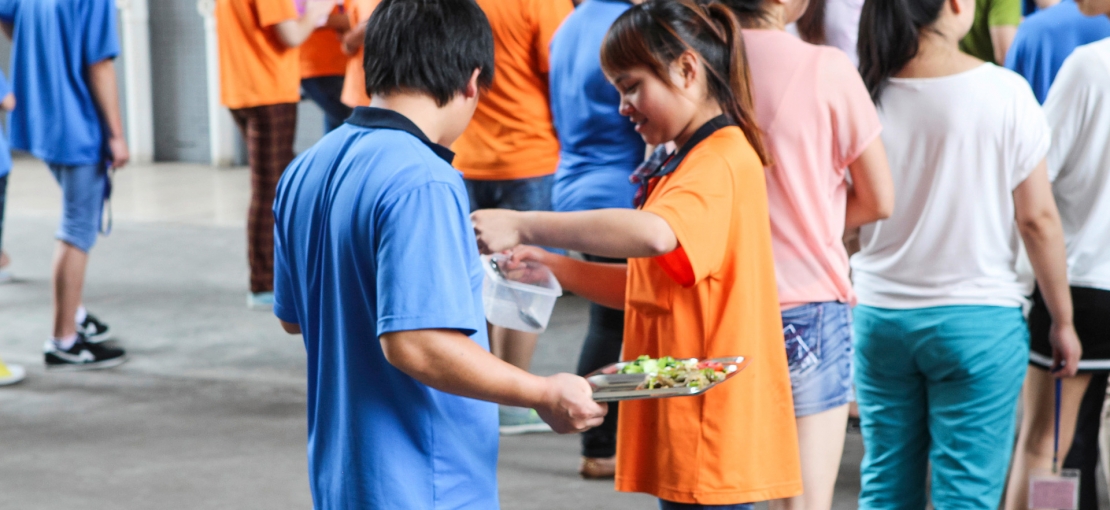
Independent grievance system
Local contact person for complaints
Producers in High Risk Countries often have insufficient mechanisms to handle complaints regarding the violation of human rights or in regard to poor working practices. Therefore, the Fair Wear Foundation (FWF) has established an independent appeals system that acts as a safety net.
Local Complaint Handler as contact person
Local Complaint Handlers are central to this system; they can be reached locally by telephone. This number must be available on all "Code of Labour Practice" (CoLP) posters in the native language, and must be posted in all facilities. Because posters must also be on display when no audit has yet taken place, all employees of our producers should have the ability to register violations against the CoLP.
Complaint Representatives:
- are easily accessible since they are locally based and not in a different time zone.
- speak both the local language and English. This allows them to communicate well with the workers and forward complaints to their FWF Contact Person in the country that guides them through their European FWF to us.
- are trustworthy because they are primarily labor representatives or representatives of women's NGOs.
Complaints are evaluated and processed
There were a total of 29 complaints. Most of them were grievances that emerged in the interviews that workers had not been informed about the Code of Labour Practice and the Grievance Mechanisms.
In addition, some facilities also had the following complaints:
- Grievance mechanisms were not explained; Employees had no confidence in complaint mechanism.
- There was no internal appeal mechanism available.
- Complaint protocols were not archived.
| GRI: | HR12 |
| GRI: | LA16 |
We evaluate these complaints and discuss with the producers why it is important to educate workers about the grievance system. The aim of the producer should be to keep employees satisfied in order to achieve good quality and efficiency, and achieve a stable customer base.
Clarification of the Workplace Education Programm
The FWF has a Workplace Education Program (WEP). This program provides all levels of management with information on the rights, duties and responsibilities of each employee, regardless of his or her level within the hierarchy. We implemented the WEP in two production facilities in China in 2013 and it was very well received.
Grievance mechanisms are used
We can see that the grievance mechanisms are being used as the following complaints have been submitted:
- wages paid too late
- unclear calculation of the unit price
- excessive overtime
- employees were degraded on the job
- wage cuts without notice
The following complaints were recorded in the audits:
- Employees complained about poor quality of canteen food
- Employees complained about the incorrect calculation of unit prices
- Employees complained that they did not get dust masks
All complaints were processed under the specifications of the Grievance Mechanism with the FWF in a timely manner. They are publicly available on the FWF website: VAUDE on the FWF website




